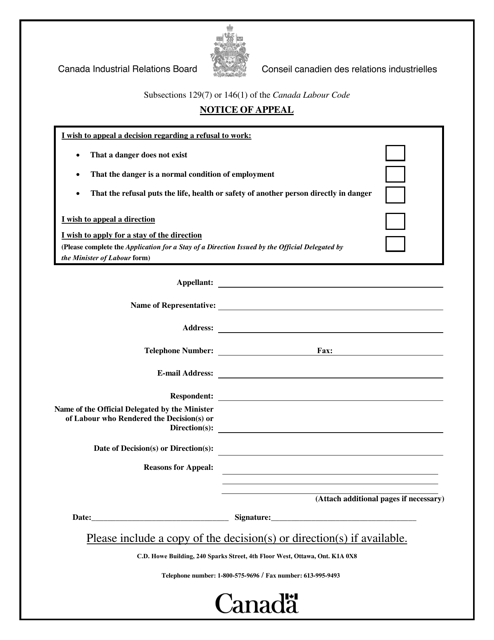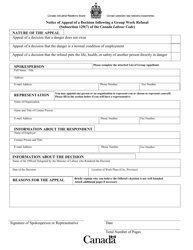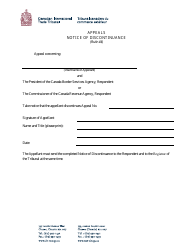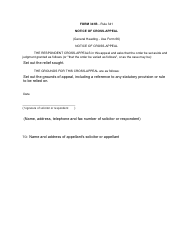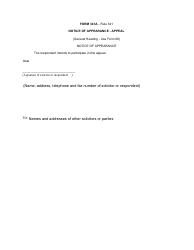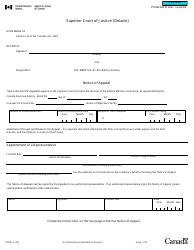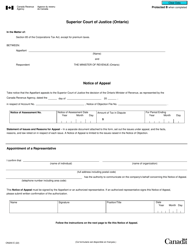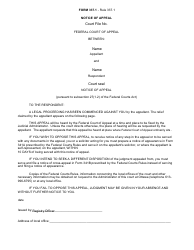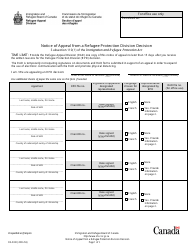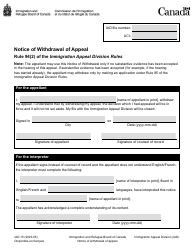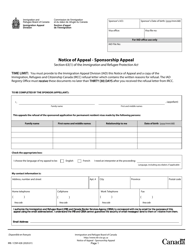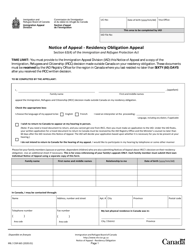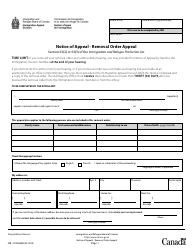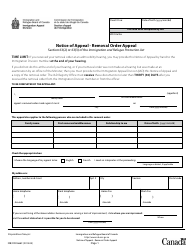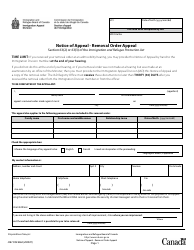Notice of Appeal - Canada
A Notice of Appeal in Canada is a legal document that is filed by a party who is dissatisfied with a decision made by a lower court. It is used to initiate the process of appealing the decision to a higher court for review.
In Canada, the Notice of Appeal is typically filed by the party that is appealing the decision.
FAQ
Q: What is a Notice of Appeal?
A: A Notice of Appeal is a legal document filed by an individual who wishes to challenge a previous court decision.
Q: When should I file a Notice of Appeal?
A: You should file a Notice of Appeal within the prescribed time limit, which is usually a specific number of days after the original decision was made.
Q: How do I file a Notice of Appeal?
A: To file a Notice of Appeal, you must complete the required forms, pay any applicable fees, and submit them to the appropriate court or tribunal.
Q: What happens after I file a Notice of Appeal?
A: After you file a Notice of Appeal, the appellate court will review the grounds of your appeal and determine whether to grant you permission to proceed with the appeal.
Q: Can I represent myself in an appeal?
A: Yes, you can represent yourself in an appeal, but it is generally recommended to seek legal advice or hire a lawyer who specializes in appellate law.
Q: How long does the appeal process take?
A: The length of the appeal process can vary depending on the complexity of the case and the court's backlog. It can take several months or even years for a final decision to be reached.
Q: What are the possible outcomes of an appeal?
A: The possible outcomes of an appeal include the original decision being upheld, overturned, or sent back to the lower court for a new trial or further proceedings.
Q: Are there any alternatives to filing a Notice of Appeal?
A: Depending on the circumstances, you may have alternatives to filing a Notice of Appeal, such as seeking alternative dispute resolution methods or filing a judicial review.
